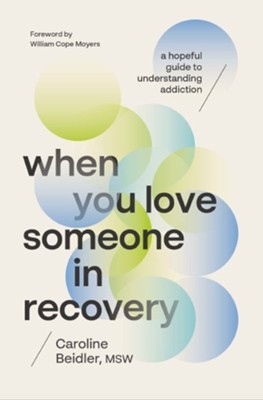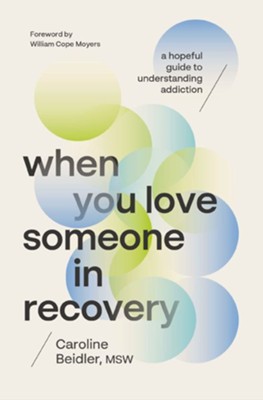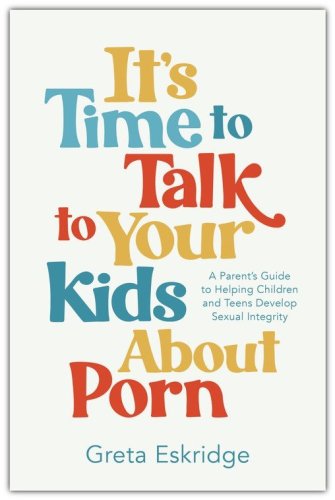Crianza Responsiva: Principios para criar hijos conectados y saludables


- ISBN: 1400331722, 9781400331727
- Page count: 280
- Published: 2020-09-01
- Format: Paperback
- Publisher: ELM Hill
- Language:
- Author: Boyd D. Brooks
This book identifies five problem areas in parenting that, if left unchecked, will produce problems in adolescence. They are:
a) Isolation
b) Unrestrainedness
c) no boundaries
d) poor parental accessibility
e) shame
The antidote for all five are connection, self-control, good boundaries, accessibility to the parents, and the parents' ability to mitigate shame in their children's lives.
One of the primary differences between families who enjoy each other and families who do not enjoy each other is the way they approach conflict. Reactive families do not possess the skills to resolve conflict, while responsive families do. All around us are adolescents who are isolated, with little self-control over their emotions. They easily get into trouble because of poor parental boundaries and subsequently experience shame. They do not have accessibility to their parents and do not know how to resolve their conflicts and confusion. Young parents can avoid these deadly pitfalls beginning at the toddler stage by parenting in a responsive way. They will raise children who know how to interact with others, control their emotions, respect and accept good boundaries, enjoy accessibility with their parents, and know how to mitigate shame when it occurs in their lives.
The reactive family is literally going in circles. Their cyclical, reactive patterns include inattentiveness, misunderstanding, put downs, rejection, shame, and isolation. They can be disconnected, angry, and resentful. They are on an emotional merry-go-round and do not know how to get off. On the other hand, the responsive family has learned how to stop the cycle. They have employed listening, understanding, and clarification. When they apologize–it means something. When they forgive, they do not bring it up again. Instead of being rigid, they have learned to be flexible. They are connected and forgiving. As a result, they are emotionally strong and respectful of each other. They enjoy spontaneous moments in a mutually satisfying way.
This book helps the reader identify deadly patterns that are draining the life out of their relationships and presents change as a real possibility. With the use of metaphors and word pictures, the reader can see both kinds of families, but also learn how to introduce change into their family–the kind of change that is not easy but is transformative.
Parenting is a daunting task, especially if you're young and inexperienced. Today many parents find themselves disconnected from their children and overwhelmed with a sense of helplessness. There are two basic approaches to parenting that can be used–reactive parenting and responsive parenting. Reactive parenting, so prevalent in today's society, is done in reaction to something, whether a whining child or a parent's own anxiety. It is impulsive and produces poor results. As more and more young people reach adulthood without an adequate model of self-regulation and conflict resolution, the more visible this problem becomes. On the other hand, Responsive Parenting, as described in Boyd's book, is a principled approach to parenting. It emphasizes the importance of preparing children for adulthood. Responsive parenting is thoughtful and is in response to the child's best interests. It takes the long view. It listens and clarifies. It apologizes and forgives. It is flexible and extends freedom with responsibility. It is accepting and affirming while being connected and supportive. Boyd Brooks shows readers through easy to understand biblical principles how to build self-esteem and confidence in their children and help them discover who they were meant to be.
Get the Book
-
 Christianbook.com
$3.99
ebook
Christianbook.com
$3.99
ebook
-
 Barnes&Noble.com
$3.99
ebook
Barnes&Noble.com
$3.99
ebook
-
 StevensBooks.com
From $32.80
StevensBooks.com
From $32.80
-
 Christianbook.com
From $14.39
Christianbook.com
From $14.39
-
 Barnes&Noble.com
From $15.99
Barnes&Noble.com
From $15.99















Review Crianza Responsiva: Principios para criar hijos conectados y saludables.